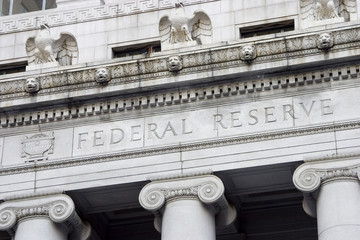On Monday (1st May), US stocks experienced a decline as investors assessed the impact of First Republic Bank's collapse, which marked the second-largest bank failure in American history. This development occurred just ahead of the anticipated interest rate hike by the Federal Reserve.
The S&P 500 Financial sector declined, exerting downward pressure on the overall S&P 500 index. This decline came after two consecutive positive sessions that concluded a positive performance for the month of April.
JPMorgan shares took the lead in the Dow Jones Industrial Average as the bank acquired the majority of First Republic's assets through a $10.6 billion deal.
JPMorgan is set to receive $92 billion in deposits from First Republic, as the California-based lender experienced substantial outflows of $100 billion from clients in the first quarter.
This development follows the sudden collapses and takeovers of Silicon Valley Bank and Signature Bank in March. Trading of First Republic Bank shares was halted during the session after a significant drop.
At the closing bell on Monday 1st May, the US indexes recorded the following levels:
– S&P 500: 4,167.87, a decrease of 0.04%.
– Dow Jones Industrial Average: 34,051.70, a decrease of 0.14% or 46.46 points.
– Nasdaq Composite: 12,212.60, a decrease of 0.11%.
“If FRC had not received $30 billion from large banks in mid-March, the bank would likely have failed sooner, resulting in more fear and more deposit withdrawals from other regional banks. This could have caused a series of bank failures that would have weakened the U.S. financial system,” CFRA equity analyst Alexander Yokum said in a note.























